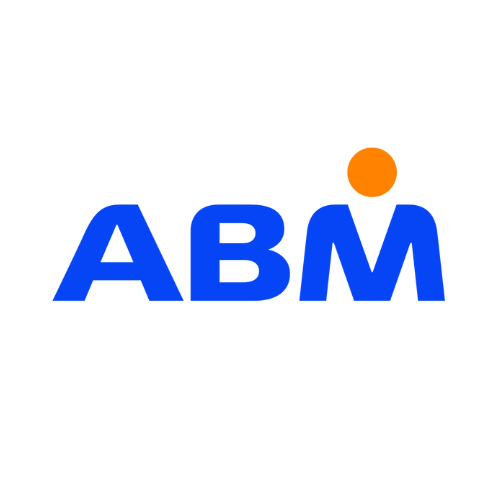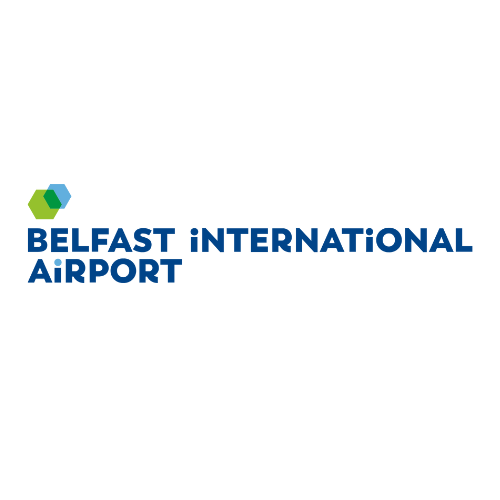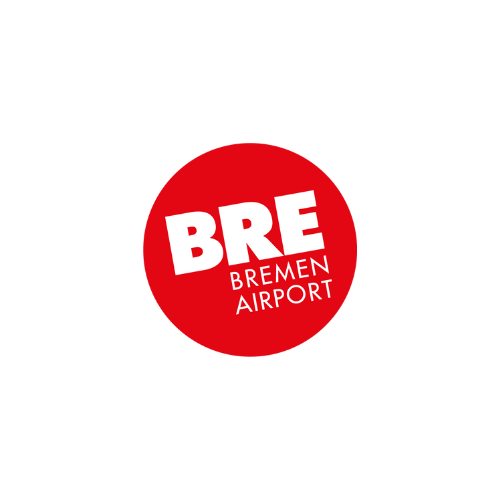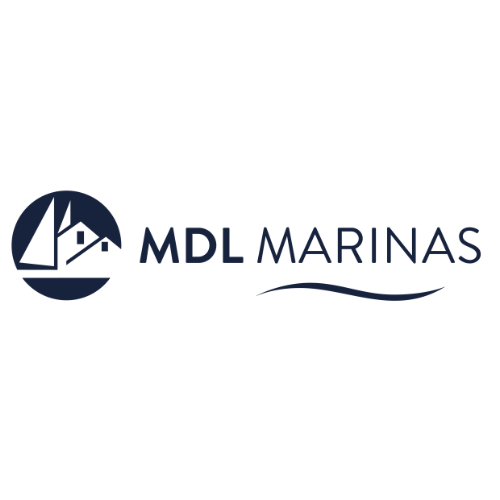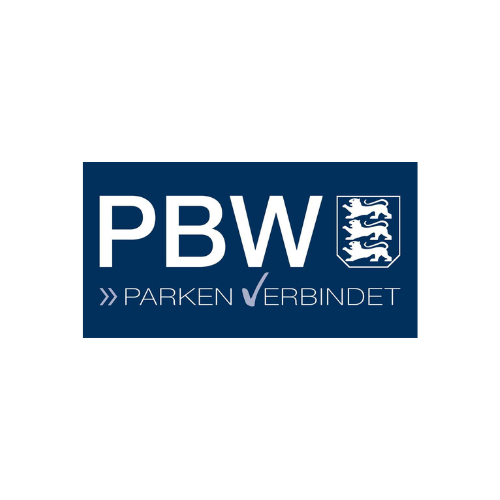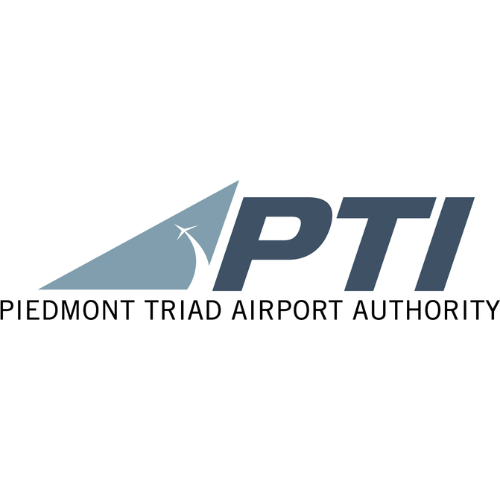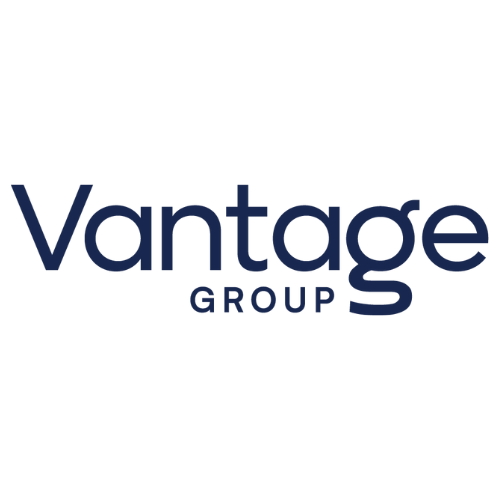New figures published by Barclaycard show that experiences remain a top priority for UK consumers. Despite rising prices and inflationary pressures, consumer spending on travel in the UK went up by 3.3% in 2017. Meanwhile, Expedia found that 74% of Americans surveyed would prioritise experiences over products or things, 65% of millennials are currently saving for holidays and travel, and nearly half of millennials would sell their clothing or furniture to travel more.
Research also suggests that the preference for experience is partly due to its potential as a status booster. Where status used to be determined by a flash car, a designer handbag or watch, today’s consumer shows off to his or her friends by posting Facebook pictures from Machu Picchu, paradise beaches and music festivals.
Travel, mobile and social media are perfect partners. While posting a photo of something you just bought is naff, sharing pictures of something you’re doing is fine. In fact, according to a 2017 survey by Schofield’s Insurance reported in The Independent, ‘Instagrammability’ is now the top criterion for millennials choosing a holiday destination.
While Instagram remains an attractive option for destination marketers, Facebook’s one billion + daily users make Insta’s parent platform an essential marketing channel for travel in 2018. The three million companies advertising on Facebook in April 2016 had grown to 5 million by April 2017.
Customer profiling and targeted marketing
One big advantage of Facebook Advertising is that it allows you to target new prospects by creating custom audiences. You can build lookalike audiences by uploading your existing customer email addresses and identifying prospects who share certain definable characteristics with people who already buy your products.
It’s even possible to overlay these customer profiles with criteria such as age, location, interests, relationship status and interaction with specific pages. For example, a hotelier wanting to reach out with a romantic getaway can target couples or use meaningful life events such as an engagement, while a company wanting to promote an activity holiday can focus on people who follow pages that are related to the activities and services they are offering.
Facebook’s dynamic travel advertising also promises to automatically match adverts to people’s interests and activity around the web, driving more demand and converting intent into bookings.
Offer a Collection
Ecommerce seems to be a growing focus for Facebook. A new ad format called Collection, which rolled out in March 2017, Facebook has made it easier to boost sales with video.
‘Collection’ features a video in the top half of the ad unit and four recommended products below. Retailers can either select the products they want to feature or allow Facebook to pull popular products from their website.
When a user clicks on the advert, they are taken to a fast-loading landing page that allows them to browse up to 50 products. When a product is selected, the user is redirected to the retailer’s mobile site or app to complete the purchase or booking.
Collection gives the potential for retailers to take advantage of cross selling to inspire customers and increase sales, making it possible to show complementary offers such as upgrades, ancillaries or other related experiences to people who have already booked a flight, hotel or car parking space.
Fashion and sportswear retailers including Adidas, Sport Chek and Michael Kors were among those that tested Collection, with Sport Chek reporting a 28% increase in online sales and a 50% increase in conversions from a campaign that used GIFs.
Analytics are improved too: Facebook tested a new metric called Outbound Clicks, giving advertisers stats to show how many people clicked through to the brand’s app or website. These will offer data showing how many users looked at the interstitial landing page and then clicked through to the retailer’s own site.
A Mobile Audience
Most travel categories generate more than a third of all bookings on mobile devices. 80% of last-minute travel bookings are made using a mobile, and mobile is set to become the dominant payment method in parking too. As mobile use reaches integration saturation, it really is a great way to catch people’s attention. As of January 2018, Statista found that of all active Facebook users, an extraordinary 95.1% accessed the social network via smartphone!
Mobile has grown 25% in 2018, accounting for 60% of online ad spend and 24% of total ad spending, as desktop has declined 4%. 20% of travel planning searches (that’s one in every 5) are now done exclusively on mobile devices.
However, on the down side for customers, it’s still the case that mobile shopping experiences can be awkward, complicated and slow. Today’s consumer expects a fast-loading, seamless experience when they discover and buy on mobile, and long load times on mobile sites can lead to friction and drop offs along the purchase funnel.
A Facebook Collection that leads to an online booking system with a mobile commerce shopping cart function like Rezcomm Shop will provide a seamless purchase path for your customer, making it simple to travel from click through to conversion.
Video is Visual
Collection allows retailers to show a more visual story that engages more people. There is nothing like video to catch the customer’s attention, inspiring them visually and allowing them to picture what a holiday or trip will actually be like.
It’s a powerful way to advertise too. Video adverts receive between 10% and 30% more views than static image ads and engage users for 5 times longer.
According to Facebook, three in four consumers say that watching videos on social media influences their purchasing decisions. The primary video above other relevant products in Collection increases the likelihood of discovery and purchase by visually inspiring the customer.
Trip Consideration
Another new ad product from Facebook focuses firmly on travel. Trip Consideration allows travel advertisers to target consumers who have shown a general intent to travel but haven’t yet decided on a destination. The “Prioritize delivery to people who plan to travel” function works in conjunction with existing targeting options to make sure ads are delivered to the right people at the right time. Travel providers can automatically serve ads with date-specific availability and pricing to people who have expressed intent for specific travel offerings on their site or app.
Digital marketers can benefit from this new targeting option because more than 50% of travellers are undecided on a destination and are looking for inspiration when planning a trip (Expedia).
The initial indecisiveness of travel shoppers creates a huge opportunity for travel marketers to use digital channels such as Facebook to influence booking decisions. According to Facebook, 68% of millennials found ideas for their most recent trip on Facebook. Those micro-moments in the customer journey when the traveller turns to a mobile device to answer an immediate need ultimately guide the travel decision-making process.
Integrated Marketing using Online Reservations and CRM
Facebook adverts offer a wide range of benefits for travel providers and app-based services such as parking, but social media marketing cannot exist in isolation, it must be integrated into a wider strategy of customer acquisition and retention.
Social media might be the first contact point between you and a new customer. It’s also an important platform to build brand visibility and credibility, and it can be a powerful place to increase bookings and ROI.
Integrated online booking and CRM software like those Rezcomm provide offer invaluable tools for digital marketers. The effectiveness of campaigns on all platforms can be measured using the reporting and analytics tools, guiding future marketing efforts and maximising resources. Booking data capture, analysis and segmentation not only allows you to build a holistic view of your customer, it enables you to create personas and lookalike audiences on Facebook where you can target friends of your current customers and also people who share the same interests, buying habits and aspirations as your current list.
Social media integration and mobile checkout both help make the booking journey seamless and straightforward for people wanting to make a purchase. The customer can click through from your Facebook advert to an optimised mobile e-commerce store where they can complete a booking in a few easy steps. Venues can guide event visitors to pre-book parking reservations, travel providers and airports can promote new destinations or routes complete with cross-selling and up-selling, driving conversions to offer the customer the best possible experience.
Because after all, figures do show that experience remains a top priority.
If you would like to speak to Rezcomm about our integrated reservation e-commerce and e-marketing software, contact the team today.
